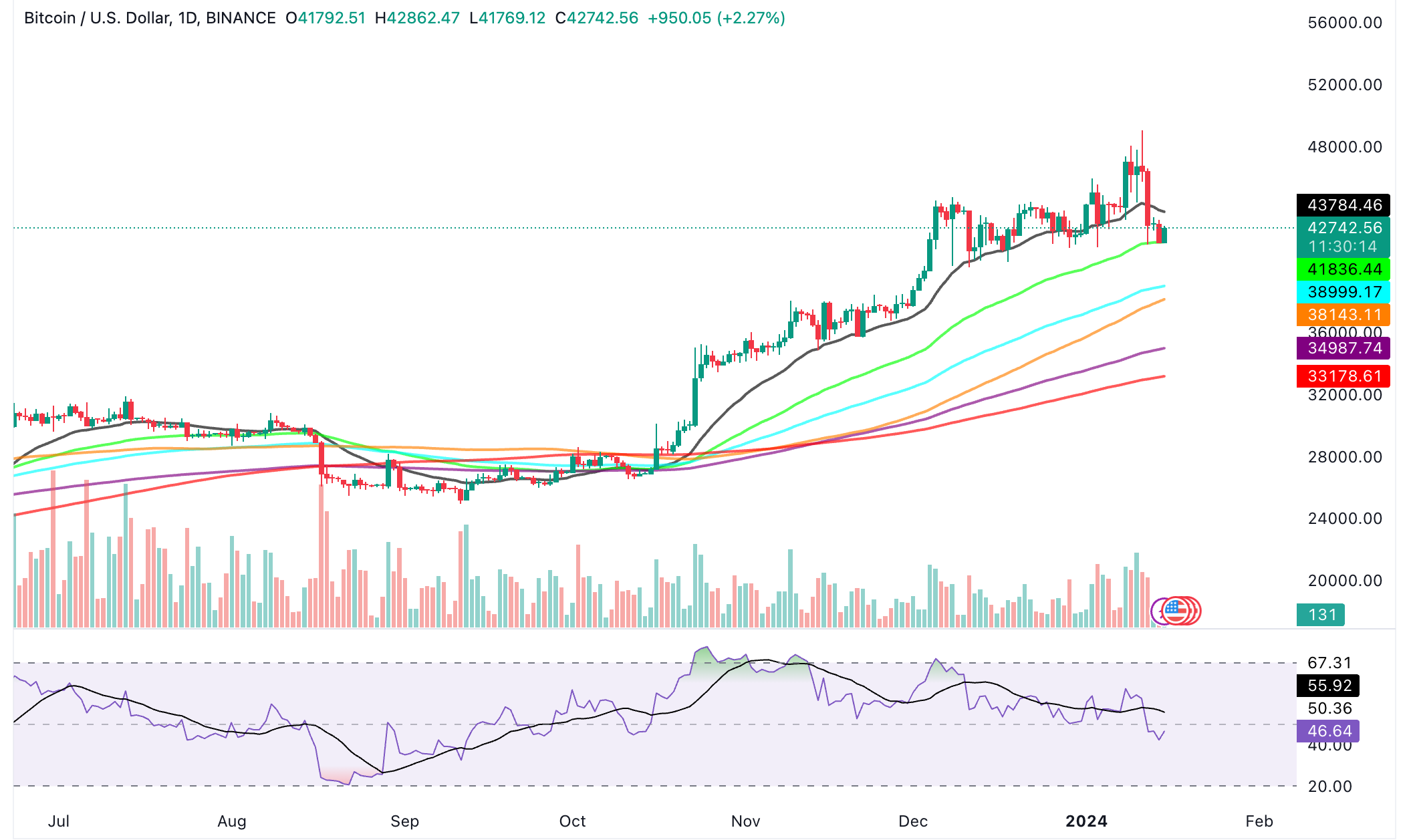Tether, a prominent global cryptocurrency platform, has been identified by the United Nations (UN) as a significant payment method for money launderers and fraudsters in south-east Asia, according to a report highlighted by the Financial Times. The report, released by the UN’s office on drugs and crime, underscores Tether’s crypto token, also known as tether, as a central player in a rising wave of scams, including tactics like engineering false romantic connections – a strategy referred to as “pig butchering.”
The UN report reveals law enforcement and financial intelligence authorities’ observations of the increasing use of sophisticated, high-speed money laundering teams specialising in underground tether operations. The report, covered by the Financial Times, points to the amalgamation of cryptocurrency evolution and rapid technological developments as catalysts for south-east Asia’s organized crime groups to exploit black market casinos for laundering illicit funds.
Jeremy Douglas from the UN’s office on Drugs and Crime stated to the Financial Times that organized crime has effectively established a parallel banking system using new technologies, fueled by the proliferation of loosely or entirely unregulated online casinos combined with cryptocurrencies.
Tether’s digital token operates as a stablecoin, pegged to the US dollar, allowing traders to navigate in and out of crypto trades, distinguishing itself from non-pegged cryptocurrencies like bitcoin, primarily used for speculation. With roughly $95 billion in circulation, Tether is the largest stablecoin of its kind.
The UN report highlights recent authorities’ efforts to dismantle money laundering networks handling illicit Tether funds, citing a Singaporean operation that recovered $737 million in cash and crypto last August. In November, Tether froze $225 million worth of its tokens linked to a “pig butchering” and human trafficking syndicate in south-east Asia, following a joint investigation with US authorities and crypto exchange OKX.
Erin West, a criminal prosecutor and cyber crime expert, explained to the Financial Times that pig butchers favor Tether’s digital coin due to its promise of swift, irreversible transactions on a blockchain. Despite cryptocurrency regulations lagging behind illicit activities, criminal groups persist in using Tether’s token, leading to the emergence of specialized casinos handling the cryptocurrency.
The Financial Times also disclosed documents indicating a money laundering syndicate in Shan State, Myanmar, advertising Tether on a busy street, offering to exchange “black” tokens for cash. Tether, in response to the Financial Times, did not provide a comment. Industry data provider CCData reported a 27% surge in blacklisted Tether wallets following the stablecoin operator’s collaboration with US authorities in November last year.
J.P. MORGAN FORECASTS SIGNIFICANT CAPITAL MIGRATION TO NEW SPOT BITCOIN ETFS
In the aftermath of the U.S. Securities and Exchange Commission’s (SEC) hesitant approval of spot bitcoin exchange-traded funds (ETFs), J.P. Morgan anticipates substantial capital migration from existing crypto products to these newly created ETFs. While the market reaction to the SEC’s approval has been moderate, the focus has shifted to the potential inflow of capital into the crypto space through these ETFs.
In a research report, J.P. Morgan expressed skepticism about the widely shared optimism regarding a surge in fresh capital entering the crypto market due to the spot bitcoin ETF approval. However, the bank foresees a significant rotation of funds from existing crypto products into the new ETFs, estimating potential inflows of up to $36 billion.
Analysts led by Nikolaos Panigirtzoglou noted that approximately $3 billion could exit the Grayscale Bitcoin Trust (GBTC) and move to the new spot ETFs. This shift may result from investors taking profits after purchasing discounted GBTC shares in the secondary market over the past year. Additionally, the bank expects up to $20 billion to migrate from retail investors’ digital wallets at crypto exchanges to the new ETFs.
J.P. Morgan also pointed out the potential impact of Grayscale’s high fees, suggesting that unless it aligns its rates with competitors like BlackRock, an additional $5 billion to $10 billion could swiftly exit GBTC in favor of more cost-effective spot bitcoin ETFs.
The report highlights that institutional investors holding crypto in fund format might shift from futures-based ETFs and GBTC to cheaper spot ETFs, particularly if GBTC delays fee reductions.
As the crypto market awaits further developments, the forecasted capital migration underscores the evolving dynamics and potential market reshaping brought about by the introduction of spot bitcoin ETFs.
inputs from JP Morgan and Financial Times




















